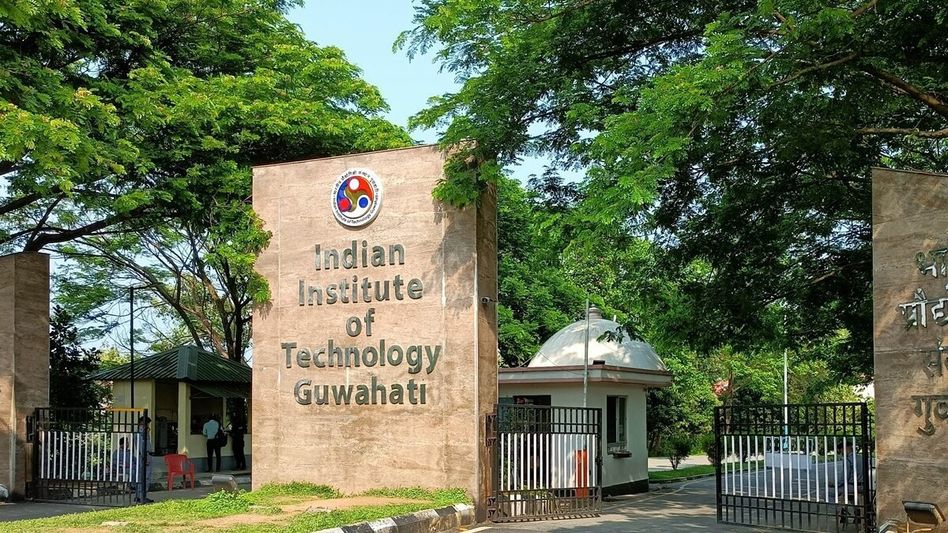IIT Guwahati turns Assamese fermented delight ‘Panitenga’ into eco-friendly industrial marvel
Researchers at the Indian Institute of Technology (IIT) Guwahati are unlocking the industrial potential of Panitenga, a traditional Assamese fermented food, by identifying beneficial bacterial strains with sustainable applications.

Researchers at the Indian Institute of Technology (IIT) Guwahati are unlocking the industrial potential of Panitenga, a traditional Assamese fermented food, by identifying beneficial bacterial strains with sustainable applications.
Their groundbreaking study has been published in the prestigious journal Food and Bioproducts Processing.
Panitenga, a staple in Assamese cuisine, is made by fermenting mustard seeds with acidic extracts from mangosteen, tamarind, or lime juice. Wrapped in banana leaves and stored in bamboo containers, it undergoes natural fermentation for one to two weeks, enhancing both flavor and probiotic benefits.
However, the IIT Guwahati team, led by Associate Professor Lalit Mohan Pandey from the Department of Biosciences and Bioengineering, has discovered an even greater advantage—industrial applications of the bacteria present in this fermented food.
The research identified Bacillus subtilis SMP-2, a bacterial strain with the ability to produce biosurfactants—eco-friendly, biodegradable compounds used in soaps, detergents, and pharmaceuticals. Unlike chemical surfactants, which pose environmental hazards, biosurfactants are sustainable and remain effective under extreme conditions.
The study also highlighted several key industrial applications of these biosurfactants:
Also Read: Assam: Amritpal’s 7 aides flown to Punjab in phased operation from Dibrugarh
✅ Microbial-Enhanced Oil Recovery (MEOR): Improving oil extraction efficiency from underground reservoirs.
✅ Bioremediation: Cleaning up oil spills in oceans and soil through natural degradation.
✅ Cosmetics & Pharmaceuticals: Replacing synthetic additives in skincare and medical formulations.
By optimizing environmental conditions—including a pH of 6, a temperature of 30°C, and a carbon-to-nitrogen ratio of 3:1—the researchers successfully maximized biosurfactant production. The bacterial strain also exhibited remarkable crude oil degradation potential, reducing surface tension in water and demonstrating antimicrobial properties.
"This research bridges traditional food knowledge with modern biotechnology. By harnessing the power of microbes from Panitenga, we are paving the way for sustainable industrial solutions," said Pandey.
The team is now working on integrating this process with a hydrophobic biosorbent system to enhance oil adsorption before bioremediation—an innovation that could revolutionize the management of oil spill waste in marine environments.
IIT Guwahati’s pioneering research not only highlights Assam’s rich traditional food heritage but also showcases its potential in driving global sustainability efforts.
Copyright©2025 Living Media India Limited. For reprint rights: Syndications Today









